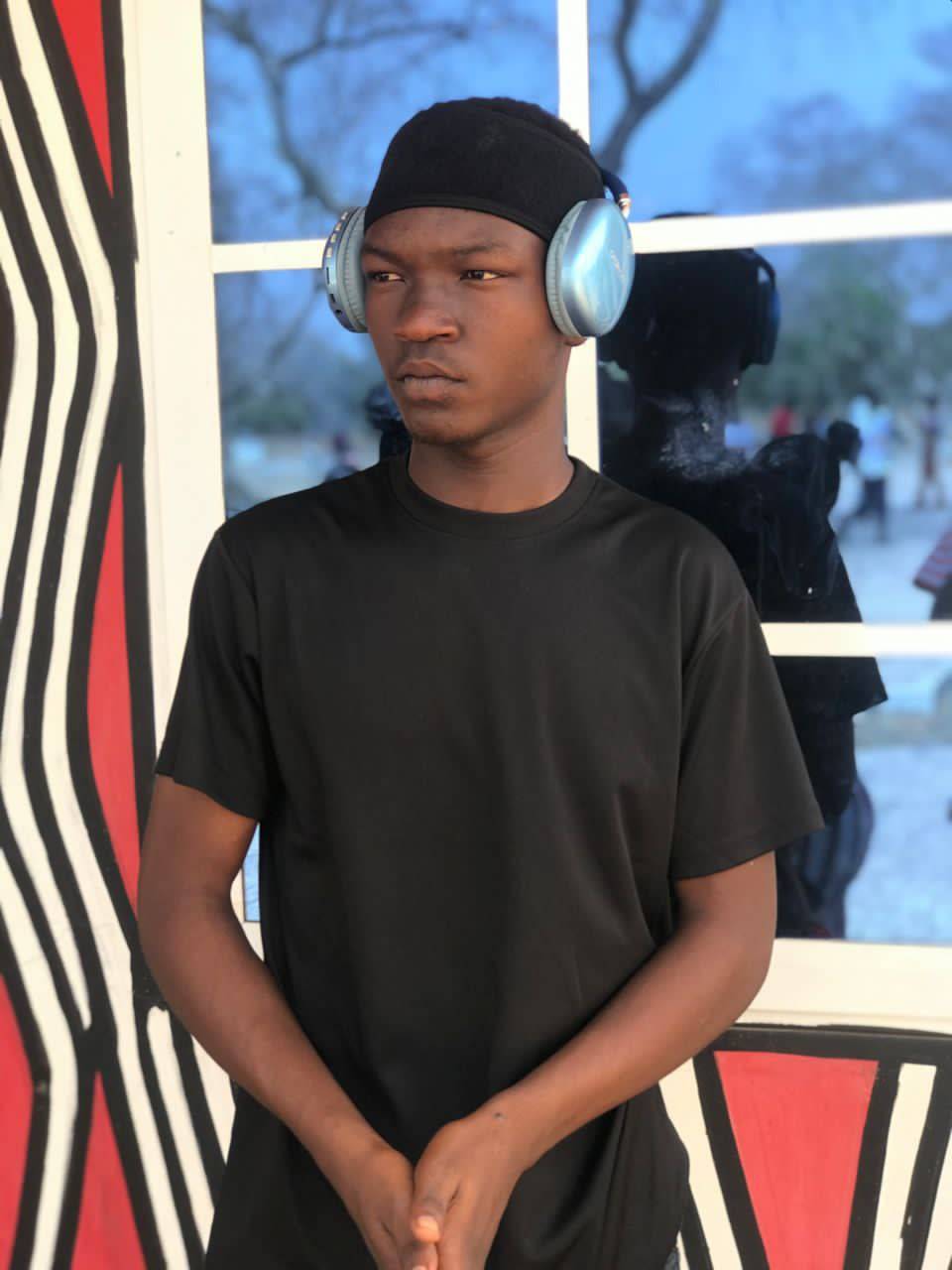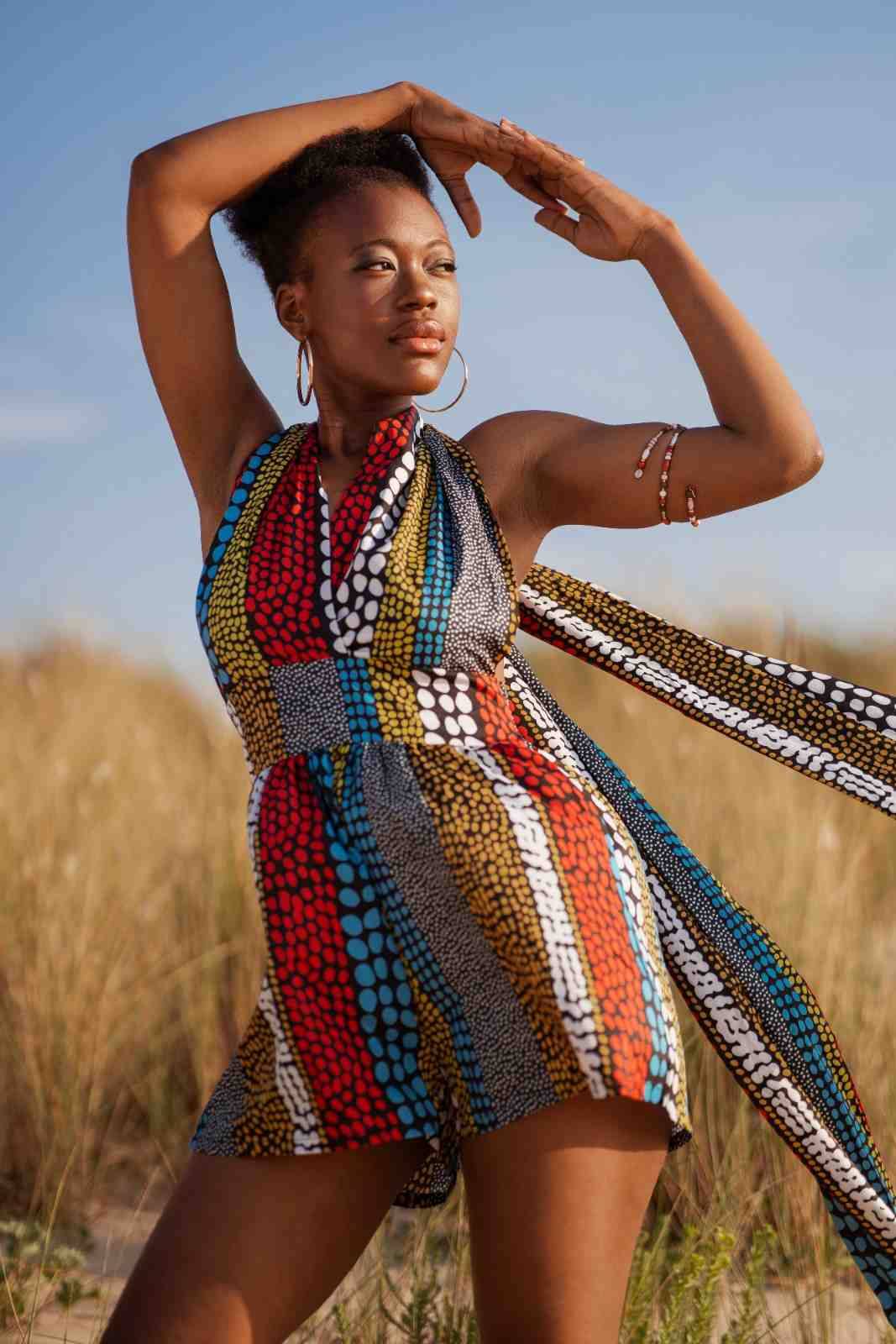Fashion has always been more than just clothing — it’s culture, identity, history, and innovation stitched together. In the last two decades, African fashion has stepped boldly onto the global stage, influencing everything from luxury runways in Paris and Milan to everyday streetwear in New York and London.
Once underestimated and often stereotyped, African designers, textiles, and aesthetics are now celebrated as trendsetters that redefine how the world views style. From vibrant prints like Ankara to handcrafted beadwork and bold silhouettes, African fashion is not just participating in global conversations — it’s leading them.
This article explores the impact of African fashion on global style, the rise of African designers, the cultural significance of traditional fabrics, and why the future of fashion may very well have an African heartbeat.
A Historical Context: The Roots of African Fashion
African fashion is not a modern invention. It is deeply rooted in centuries of tradition, symbolism, and craftsmanship. Each region has unique textiles, designs, and techniques passed down from generation to generation.
-
Kente cloth (Ghana): Traditionally handwoven with silk and cotton, kente was reserved for royalty and special occasions. Today, its bright patterns are seen in graduation stoles, fashion runways, and even pop culture.
-
Ankara (West Africa): Known for its bold and colorful prints, Ankara fabric has transcended borders, appearing in international designer collections.
-
Shweshwe (South Africa): A printed cotton fabric often used in traditional attire, now reimagined in contemporary designs.
-
Adire (Nigeria): Indigo-dyed cloth using resist-dyeing techniques, admired for its intricate patterns.
These fabrics are not just beautiful; they carry meaning, social status, and heritage. When global designers adopt them, they bring centuries of African artistry into the spotlight.
The Global Rise of African Designers
African designers are no longer confined to local markets. They are leading global fashion weeks and collaborating with major brands.
-
Ozwald Boateng (Ghana/UK): The first Black tailor on London’s Savile Row, Boateng is credited with modernizing classic British tailoring with African-inspired vibrancy.
-
Lisa Folawiyo (Nigeria): Known for her intricate embellishments of Ankara fabric, she’s earned international acclaim.
-
Thebe Magugu (South Africa): Winner of the 2019 LVMH Prize, his collections highlight political and cultural themes rooted in South African identity.
-
Maxhosa Africa (South Africa): Famous for knitwear inspired by Xhosa beadwork, Maxhosa has graced global catwalks and is beloved by celebrities.
With such representation, African designers are reshaping the global perception of luxury — proving that African aesthetics are not a trend but a movement.
African Textiles in Global Luxury Fashion
Luxury fashion houses have also embraced African textiles and patterns. While this has sparked debates on cultural appropriation vs. appreciation, it’s undeniable that African fabrics have influenced global style.
-
Dior’s 2020 Cruise Collection featured wax prints in Marrakech, celebrating African craftsmanship.
-
Stella McCartney frequently collaborates with African artisans to incorporate ethical, handwoven fabrics.
-
Louis Vuitton and Gucci have used African-inspired prints in accessories and clothing lines.
This growing inclusion signals not just aesthetic borrowing but a recognition of Africa’s cultural and creative capital.
The Celebrity Factor: How Stars Amplify African Fashion
Celebrities have played a huge role in showcasing African fashion to a global audience.
-
Beyoncé’s visual album Black Is King highlighted African designers like Tongoro Studio (Senegal) and Loza Maléombho (Côte d’Ivoire).
-
Rihanna has been spotted wearing African-inspired prints and jewelry.
-
Lupita Nyong’o frequently champions African designers on red carpets.
-
Michelle Obama has worn Nigerian designer Maki Oh, bringing African fashion to the White House stage.
This visibility amplifies African designers and ensures their work resonates beyond local borders.
African Fashion and the Streetwear Revolution
It’s not just luxury. African fashion has also made its mark in streetwear culture, which dominates youth fashion worldwide.
-
Bold prints, oversized silhouettes, and graphic storytelling through clothing have become staples in global streetwear — all of which are rooted in African creativity.
-
Brands like Daily Paper (Netherlands, with African roots) fuse African heritage with contemporary street style, gaining a cult following globally.
-
Afrobeat artists like Burna Boy and Wizkid often perform in African-inspired outfits, influencing global music and streetwear fashion trends.
Streetwear thrives on cultural exchange, and Africa has become a powerful voice in this conversation.
Cultural Appreciation vs. Appropriation
While African fashion is celebrated globally, it also faces challenges. When luxury brands use African prints without crediting or compensating local artisans, it raises concerns of cultural appropriation.
The difference lies in:
-
Appreciation: Collaborating with African designers, giving credit, and promoting authentic craftsmanship.
-
Appropriation: Using African aesthetics purely for profit, without acknowledgment or benefit to African communities.
Thankfully, the global fashion community is becoming more aware, and there’s a growing demand for authentic collaborations rather than exploitation.
The Economic Power of African Fashion
The African fashion industry is not only influencing culture but also boosting economies. According to the African Development Bank, the fashion sector could generate billions in revenue and create millions of jobs if fully supported.
-
Local artisans and weavers are gaining global markets through e-commerce.
-
African fashion weeks (in Lagos, Johannesburg, Dakar, Accra, and Nairobi) attract international buyers.
-
Social media platforms like Instagram and TikTok give African designers direct access to a worldwide audience.
This isn’t just about fashion; it’s about economic empowerment and cultural preservation.
African Fashion in Sustainable Conversations
Another key impact is in the sustainability movement. Many African fashion practices naturally align with eco-conscious principles:
-
Handwoven textiles reduce reliance on industrial production.
-
Upcycling and repurposing fabrics are common in African markets.
-
Local sourcing minimizes carbon footprints.
As sustainability becomes central to global fashion, African methods offer valuable lessons.
How African Fashion Inspires Global Creativity
The global appeal of African fashion lies in its boldness, storytelling, and authenticity. Unlike fast fashion, which often feels generic, African designs carry cultural narratives.
-
A kente cloth isn’t just fabric; it tells a story of heritage and identity.
-
Beadwork reflects social status and community belonging.
-
Ankara patterns often symbolize proverbs, history, or values.
This depth of meaning inspires designers worldwide to create fashion that is not only stylish but also meaningful.
The Future: Is African Fashion the Next Global Powerhouse?
All signs point to yes. With rising global recognition, thriving local industries, and the cultural richness Africa offers, it’s clear that African fashion will continue to shape the future of global style.
-
African designers are gaining recognition at prestigious platforms like Paris Fashion Week.
-
E-commerce platforms are making African fashion accessible worldwide.
-
Younger generations are proudly embracing African fabrics in daily wear, ensuring traditions stay alive while evolving.
As the world looks for diverse voices, ethical fashion, and cultural authenticity, African fashion is perfectly positioned to lead.
Final Thoughts
From the vibrant streets of Lagos to the runways of Paris, African fashion has proven that it’s more than a trend — it’s a movement redefining global style. Its bold patterns, cultural richness, and innovative designers are rewriting the rules of fashion, making the industry more inclusive, diverse, and exciting.
The impact of African fashion on global style is undeniable. It’s not just influencing aesthetics — it’s changing narratives, empowering communities, and building bridges between tradition and modernity.
In the years to come, one thing is certain: the future of fashion is not just global, it’s proudly African.




No comments yet
Be the first to share your thoughts!